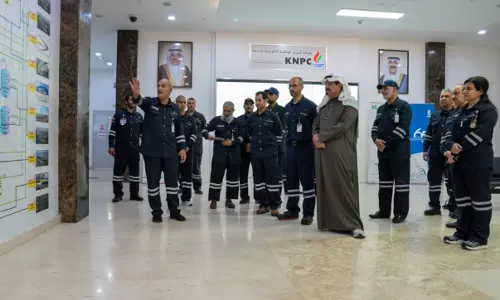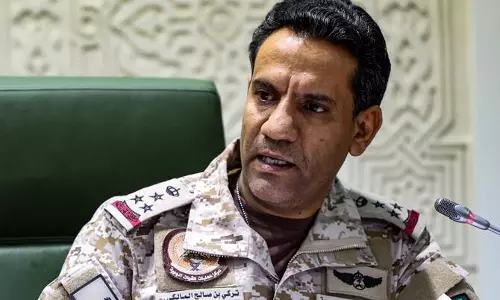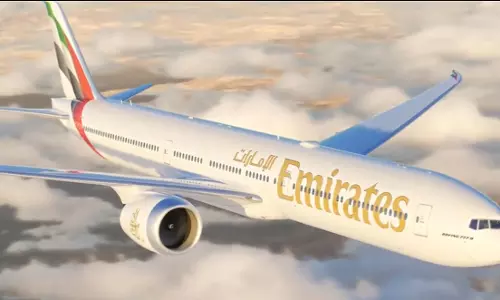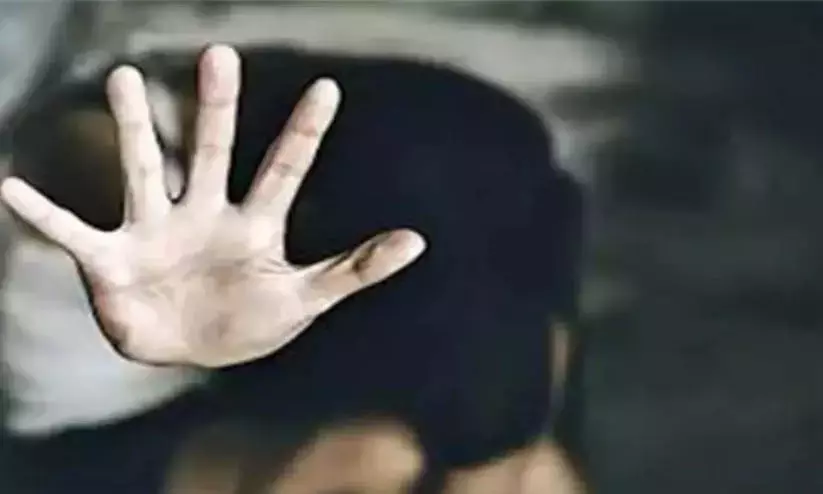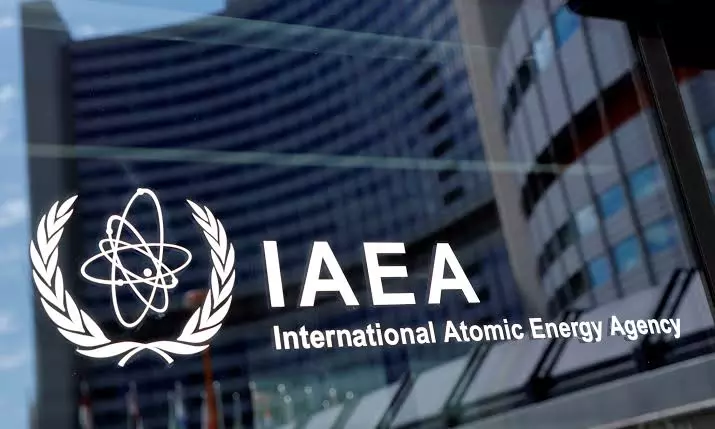
UN nuclear watchdog set to visit Tehran soon
text_fieldsRafael Grossi, head of the International Atomic Energy Agency is set to visit Tehran and possibly Iran soon according to a statement made by the Iranian foreign ministry spokesman on Monday. The visit is meant for Tehran and other global nuclear powers to revive discussions on a nuclear deal made in 2015. It also comes in the wake of the announcement by Iran's atomic agency that it has 'nearly doubled' its stockpile of uranium.
"Grossi has been invited to travel to Tehran. A date has been set in this regard and we are waiting for his response to the specified date. He will visit Iran probably soon," Saeed Khatibzadeh told a weekly news conference as quoted by Reuters. He added that Grossi would most probably also meet Iranian Foreign Minister Hossein Amirabdollahian and the head of Iran's Atomic Energy Organisation during his visit.
The talks are hoped to revive diplomacy surrounding Tehran's breach of international agreements on enriching and extracting uranium after US President Donald Trump Imposed sanctions on Iran in 2018.The Biden administration has so far not made headway either as six rounds of 'indirect' talks with Tehran have ended unsuccessfully, with neither side agreeing on a unified set of measures to resume the accords.
Under the Joint Comprehensive Plan of Action, or JCPOA, Iran was promised economic incentives in exchange for limits on its nuclear program, and is meant to prevent Tehran from developing a nuclear bomb.
Other issues have also put a damper on relations between Tehran and the IAEA including the sabotage of cameras at a TESA Karaj centrifuge component manufacturing workshop, which has still not been resolved, nor the stored data returned by Iran. Ths IAEA has been demanding access to the workshop and has also demanded answers from Iran regarding uranium traces found at three undeclared sites.
Iran atomic energy spokesman Behrouz Kamalvandi said last week that the atomic agency had produced well beyond a 120 kilogram target for 20% enriched uranium set by parliament and 25 kg of 60% enriched uranium. Under the historic 2015 nuclear deal between Iran and global leaders, Iran was not meant to enrich uranium above 3.67 %. Enriched uranium above 90 % can be used for nuclear weapons.
Tehran agreed on September 12 to prolong monitoring of some nuclear activities and invited Grossi to Tehran for talks on outstanding issues.




